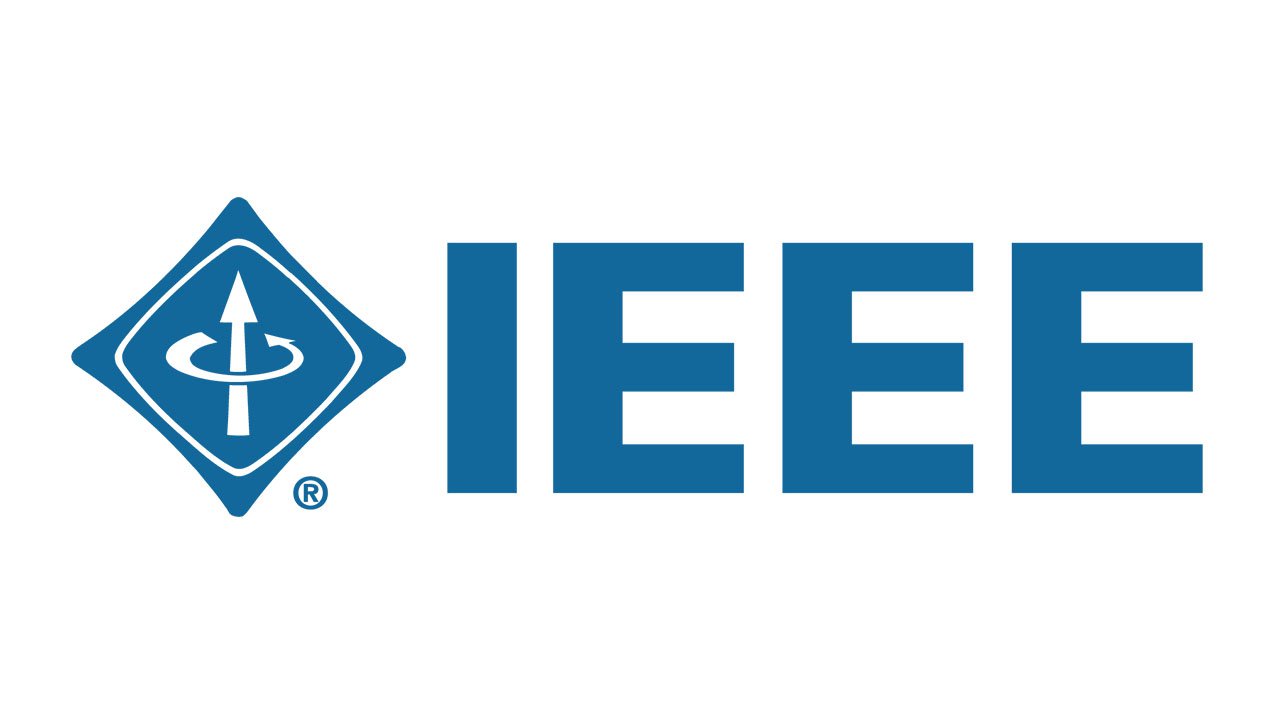Free Online Social Media Calender. Create Your Account Now. Register
Quantum Mechanics Blog
Posted by : JaimeReborn Date added : 2024-03-03 03:44:06

This blog is for a focused discussion of Quantum Mechanics technology and concepts. Feel free to engage in discourse about all things related to Quantum Mechanics
Quantum mechanics is a fundamental theory in physics that describes the behavior of nature at and below the scale of atoms. It is the foundation of all quantum physics, which includes quantum chemistry, quantum field theory, quantum technology, and quantum information science.
Quantum mechanics arose gradually from theories to explain observations that could not be reconciled with classical physics, such as Max Planck's solution in 1900 to the black-body radiation problem, and the correspondence between energy and frequency in Albert Einstein's 1905 paper, which explained the photoelectric effect. These early attempts to understand microscopic phenomena, now known as the "old quantum theory", led to the full development of quantum mechanics in the mid-1920s by Niels Bohr, Erwin Schrödinger, Werner Heisenberg, Max Born, Paul Dirac and others. The modern theory is formulated in various specially developed mathematical formalisms. In one of them, a mathematical entity called the wave function provides information, in the form of probability amplitudes, about what measurements of a particle's energy, momentum, and other physical properties may yield.more resarch results in the future.
Quantum mechanics is the field of physics that explains how extremely small objects simultaneously have the characteristics of both particles (tiny pieces of matter) and waves (a disturbance or variation that transfers energy). Physicists call this the “wave-particle duality.”
The particle portion of the wave-particle duality involves how objects can be described as “quanta.” A quanta is the smallest discrete unit (such as a particle) of a natural phenomenon in a system where the units are in a bound state. For example, a quanta of electromagnetic radiation, or light, is a photon. A bound state is one where the particles are trapped. One example of a bound state is the electrons, neutrons, and protons that are in an atom.
To be “quantized” means the particles in a bound state can only have discrete values for properties such as energy or momentum. For example, an electron in an atom can only have very specific energy levels. This is different from our world of macroscopic particles, where these properties can be any value in a range. A baseball can have essentially any energy as it is thrown, travels through the air, gradually slows down, then stops.
Quantum entanglement can be used for communication by taking advantage of the unique correlations exhibited by entangled qubits. We can use entangled qubits to create instantaneous agreement on information across very long distances. While quantum entanglement doesn't allow for communication faster than the speed of light, instant agreement can still be used for applications like High Performance Computing (HPC) and ultra-secure communications.
If you need addtional information about quantum mechanics please post a comment to this blog and review more resources on our IEEE Next-Generattion Website Portal at https://calendarreborn.com/member/calendar/JaimeReborn.
Keywords: Quntum Mechanics, Quantum Communication, Quantum Physics, Quntum Theory, Quantum Entanglement, Next-Generation Technology
Comments (2)
Iman,
I understand your concern(s). In terms of overall speed of a network using quantum theory, it may not be faster-than-light as our technology doesn't presently have the capability to surpass the speed of light. However, quantum communication may be able to significantly increase our overall computer network communication speeds largely in part to the enhanced security features that you mentioned. Since there will be less chance of the signals being lost in transmission or intercepted, this should result in better overall efficiency of the communication and, at some level, effect faster speeds.
By: JaimeRebornOn :2024-03-03


My concern with quantum theory is that, from what I understand, it was supposed to be faster than light. If it's not really faster than light, I'm trying to understand what is going to be so different about it than are current communication technologies which can use light as a medium. I've heard about the improved security but, aside from that, can anyone tell me what are going to be the other benefits of using quantum technology for communciation?
By: ImanCognitoOn :2024-03-03